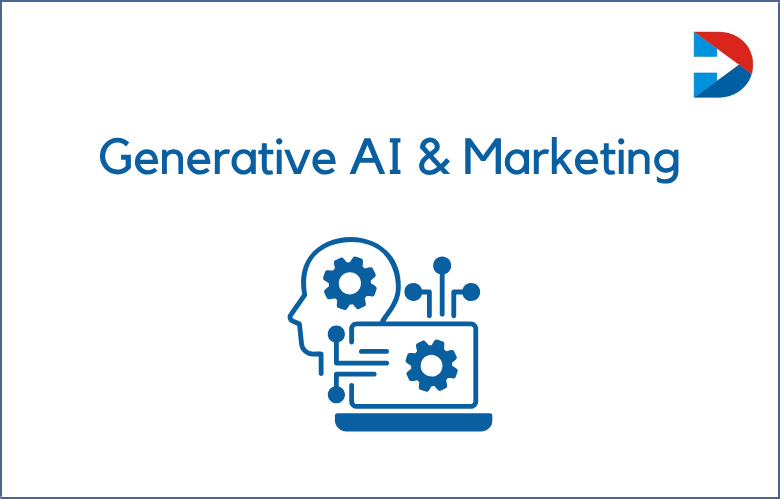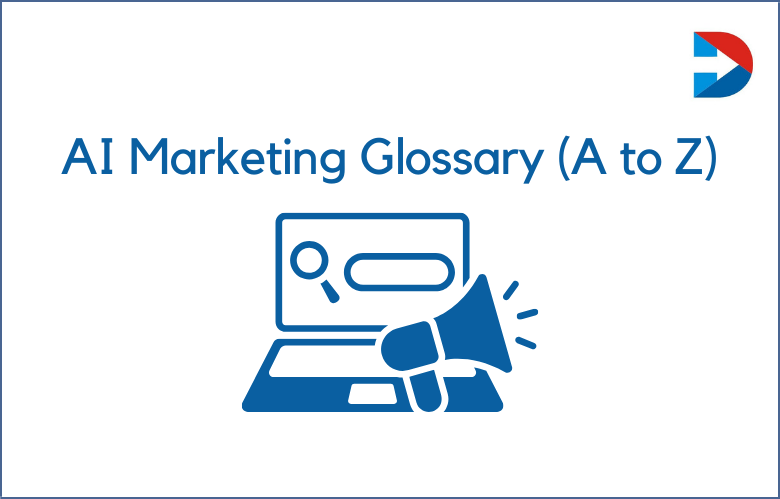
Every business today needs a robust marketing strategy to succeed. Whether you are a startup or a seasoned company, a marketing plan is crucial. However, with the ever-evolving landscape and the increasing competition in every industry, it has become more challenging for businesses to get the results they want from their marketing efforts. This is where marketing analytics comes into play. We’ll explore the world of what is marketing analytics, including what it is, why it’s essential, and how it can help you create a successful marketing strategy.
What is Marketing Analytics?
Marketing analytics is the practice of analyzing and interpreting data from various marketing channels, such as social media, website, email, and more, to understand the performance and effectiveness of your marketing campaigns.
Advanced data analytics techniques allow you to monitor your marketing efforts in detail and identify what’s working and what’s not. The insights you gain can help you optimize your campaigns, make data-driven decisions, and enhance your overall business strategy.
Why is Marketing Analytics Important?
Marketing analytics plays a vital role in helping businesses measure and improve the ROI of their marketing campaigns.
It provides practical tools to track and evaluate the performance of your marketing efforts, understand your customer’s behavior, and identify areas where you can optimize your strategy.
By leveraging the power of data analytics, businesses can gain a competitive advantage by making informed decisions based on accurate, reliable, and relevant data.
How does Marketing Analytics help Your Business
Marketing analytics provides businesses with valuable insights into the behavior of their customers, enabling them to optimize their marketing strategies to cater to their target audience.
By tracking user behavior and preferences, businesses can modify their campaigns to appeal to customers’ needs and preferences, increasing engagement and conversions.
In addition, marketing analytics helps businesses track their marketing ROI, determine which channels generate the best results, and allocate their marketing budgets more effectively.
How to get started with Marketing Analytics
To get started with marketing analytics, businesses need to identify their marketing goals, determine the key metrics to track and select the right analytics tools for their specific needs.
They should also ensure they have the necessary data collection mechanisms and a team with the technical and analytical skills to analyze and interpret the data.
Implementing Marketing Analytics into Your Business strategy
To implement marketing analytics into your strategy, you must first determine your goals and objectives, identify the relevant metrics, and choose the right tools to measure and track your data.
Once you have your data, you’ll need to analyze it to gain insights and make data-driven decisions. It’s essential to have an expert team of marketing professionals who can help you design and execute your analytics strategy.
With a well-designed strategy and the right tools and resources, you can leverage the power of marketing analytics to achieve your business goals.
The future of Marketing Analytics
Marketing analytics has become a critical component of every business strategy and will continue to evolve.
With advancements in technology, data analytics, and AI, businesses have unprecedented opportunities to gain insights into their marketing efforts, streamline their operations, and improve their ROI.
The future of marketing analytics is exciting, and we can expect to see new trends, techniques, and tools emerging in the years to come.
Understanding Marketing Analytics: Making Data-Driven Decisions for Your Business
The marketing world is continuously evolving, and businesses always look for innovative ways to measure and interpret marketing metrics to make informed decisions.
Marketing analytics is a data-driven marketing approach that helps companies understand how their marketing efforts impact their bottom line.
We’ll dive deep into marketing analytics, how businesses can improve their marketing strategies, and how it can benefit your business in the long run.
What are the benefits of Marketing Analytics?
Marketing analytics provides numerous benefits to businesses, including:
Increased ROI
By measuring the effectiveness of marketing campaigns, businesses can identify areas for improvement and optimize their spending to maximize ROI.
Improved customer experience
By collecting and analyzing data on customer behavior, businesses can deliver more personalized experiences and tailored messaging.
Enhanced targeting
Marketing analytics helps businesses identify and target their most valuable customers more effectively.
Competitive advantage:
By leveraging insights gained from marketing analytics, businesses can gain a deeper understanding of their market, customers, and competitors, thereby gaining a competitive advantage.
Better decision-making
Marketing analytics allows businesses to make data-driven decisions, reducing the risk of relying on gut instincts or guesswork.
A comprehensive guide to understanding the different types of Marketing Analytics
With today’s fast-paced business landscape, businesses must embrace data-driven marketing strategies to gain a competitive edge in the market.
Analytics plays a crucial role in unlocking insights that can be leveraged to improve the effectiveness of marketing campaigns. We’ll take a deep dive into the different types of marketing analytics and highlight their importance to your business.
Web Analytics
This type of analytics measures how consumers interact with a website, its content, and its functionality. Web analytics provides insights into the site’s visitor count, bounce rate, page views, and average time spent on each webpage.
Evaluating the metrics in real time is essential to identify potential problems and optimize the website’s design and functionality accordingly.
Social Media Analytics
With the advent of social media, it has become critical for marketers to gauge the success of their social media campaigns.
Social media analytics tracks metrics such as follower count and interaction rate on different social media platforms. The data collected helps businesses adapt their social media campaigns for maximum engagement and reach.
Search Engine Marketing (SEM) Analytics
SEM is an advertising strategy that targets traffic to the website by buying or placing search engine ads.
SEM analytics provides insights into paid search campaign performance, including traffic volumes, click-through rates, and conversion rates. It also helps businesses optimize campaigns and allocate budgets more effectively.
Email Analytics
Email marketing is an effective channel with a high return on investment. Email analytics measures the metrics of an email campaign, including open rate, click-through rate, and conversion rate, to determine its effectiveness and provide insights to improve the movement.
Customer Analytics
Customer analytics involves dissecting data that originates from customer interactions with your business. It includes the monitoring of customer behavior, preferences as well as feedback. This type of analytics provides insights into customer needs, trends, churn rates, and engagement.
Conclusion
Marketing analytics can give businesses valuable insights into customers’ behavior, helping them create more effective marketing campaigns and optimize their overall business strategy.
By leveraging advanced data analytics techniques, businesses can measure and track their marketing ROI, make informed decisions, and gain a competitive edge in their industry.
As the world of marketing analytics continues to evolve, businesses that embrace these tools and techniques will enjoy the most significant benefits. Are you ready to take your marketing strategy to the next level with the power of marketing analytics?



